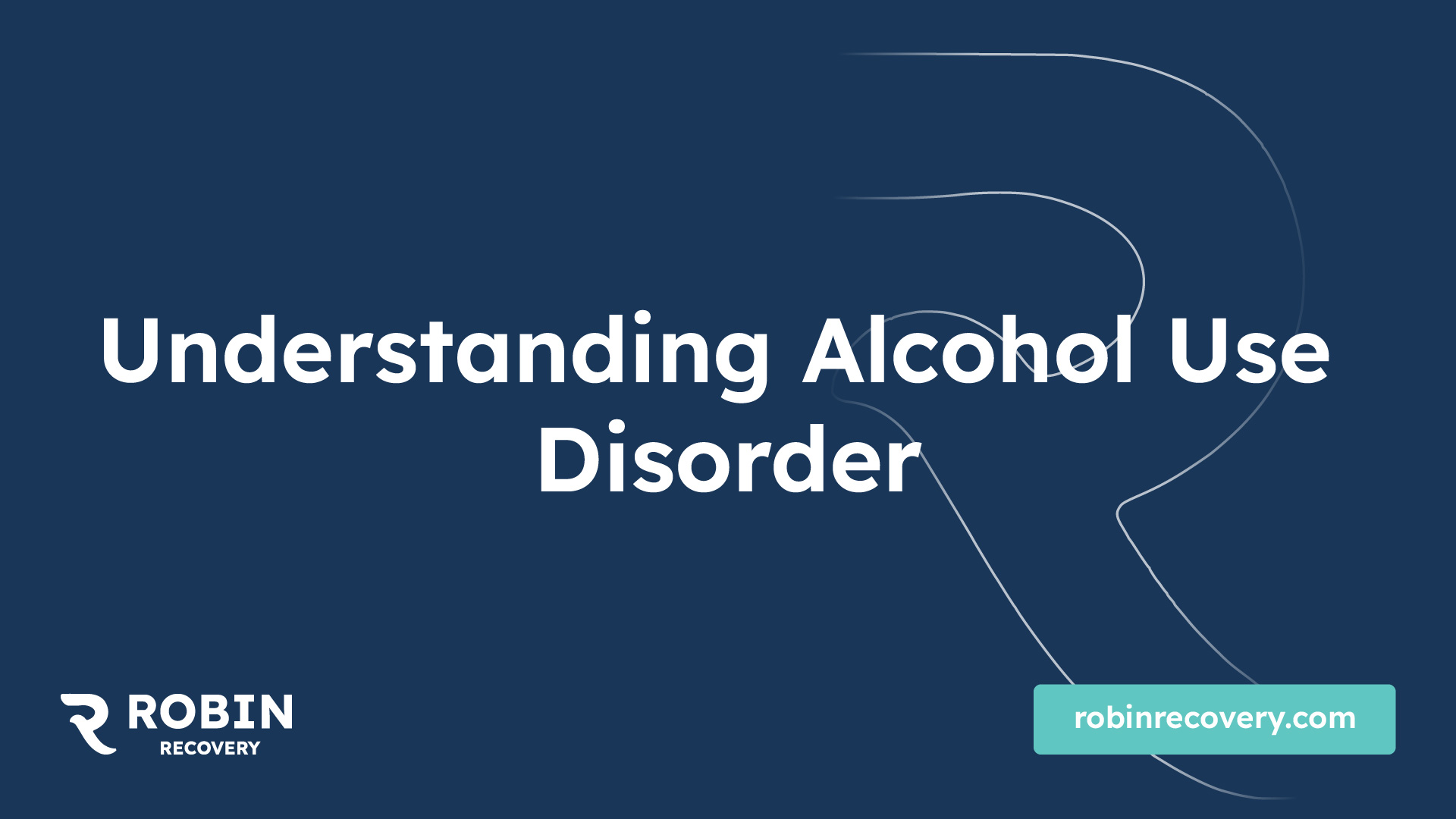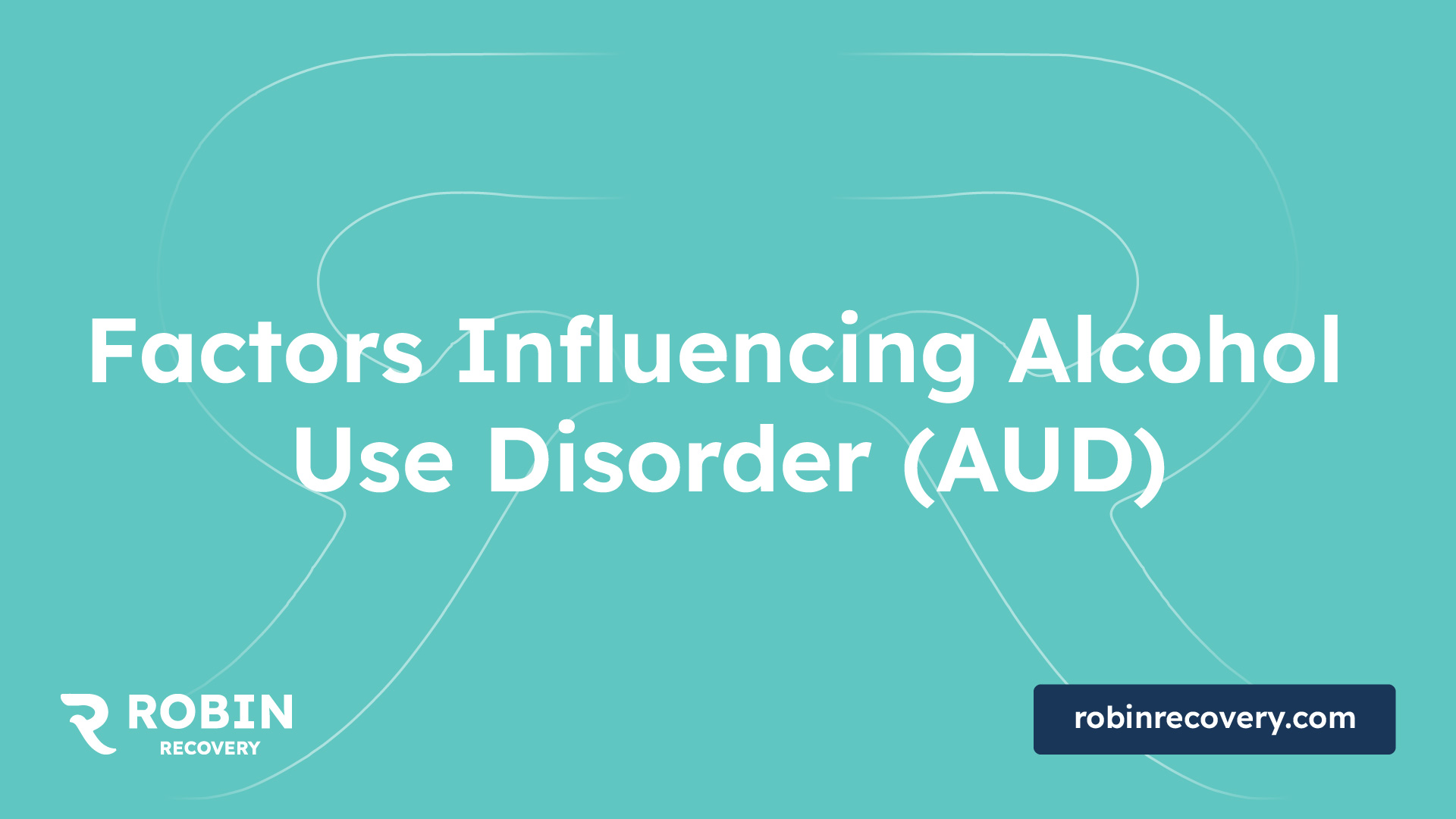Early Signs of Alcoholism in a Loved One


Identifying Early Signs
Recognizing the early signs of alcoholism in a loved one is crucial in addressing potential issues before they escalate. Two key indicators to watch for are behavioral changes and social withdrawal.
Behavioral Changes
Behavioral changes can be a significant red flag indicating a potential problem with alcohol. Signs to be aware of include drinking more or for longer periods than intended, unsuccessful attempts to cut down or stop drinking, spending excessive time drinking or recovering from its effects, and craving alcohol intensely. Additionally, interference with daily responsibilities due to drinking, continued drinking despite negative consequences, giving up important activities to drink, and engaging in risky behaviors while or after drinking are all warning signs that should not be ignored.
If you observe these behavioral changes in a loved one, it may be time to have a conversation and offer support. It's essential to approach the situation with empathy and understanding, encouraging open communication and providing reassurance that help is available.
Social Withdrawal
Social withdrawal is another common early sign of alcoholism. Individuals struggling with alcohol use disorder may begin to isolate themselves from friends, family, and social gatherings. They may avoid situations where their drinking habits could be questioned or where they may feel pressured to drink less.
If you notice your loved one becoming increasingly distant or disengaged from social activities they once enjoyed, it could be a sign that alcohol is becoming a priority in their life. Encouraging open dialogue and expressing concern in a non-judgmental manner can help create a safe space for your loved one to discuss their feelings and experiences.
By paying attention to these early signs of alcoholism, you can take proactive steps to address the issue and support your loved one in seeking the necessary help and treatment. For more information on how to assist a loved one struggling with addiction, explore resources such as get help for loved ones at heroin addiction rehab and 5 tips to support your loved one in recovery.

Understanding Alcohol Use Disorder
In the realm of identifying troubling early signs of alcoholism in a loved one, comprehending the impact of Alcohol Use Disorder (AUD) on daily life is crucial. AUD can manifest in varying severity levels, from mild to severe, each with distinct implications and treatment needs.
Impact on Daily Life
Alcohol use disorder, as highlighted by the Mayo Clinic, can significantly impact an individual's daily functioning. When alcohol consumption leads to distress and interferes with day-to-day activities, it may indicate the presence of AUD. Even a mild form of AUD can escalate over time, emphasizing the importance of early intervention and treatment.
Severity Levels
The severity of Alcohol Use Disorder is categorized based on the number of symptoms a person exhibits related to impaired control over alcohol consumption and its consequences. According to the National Institute on Alcohol Abuse and Alcoholism (NIAAA), AUD can be classified as mild, moderate, or severe, depending on the symptoms experienced:
Severity LevelSymptomsMild2-3 criteriaModerate4-5 criteriaSevere6 or more criteria
Individuals with AUD may exhibit symptoms such as unsuccessful efforts to cut down on drinking, continued alcohol use despite negative consequences, and withdrawal symptoms when alcohol intake is reduced or stopped. The severity level determines the urgency and intensity of intervention and treatment required.
Health care professionals utilize criteria from the Diagnostic and Statistical Manual of Mental Disorders, Fifth Edition (DSM-5) to evaluate AUD and ascertain its severity based on symptoms exhibited. The severity classification—mild, moderate, or severe—guides the appropriate treatment approach and the level of support needed for individuals struggling with AUD. If you suspect a loved one is grappling with AUD, seeking professional guidance and intervention strategies can be pivotal in facilitating their journey towards recovery and well-being.

Factors Influencing Alcohol Use Disorder (AUD)
When it comes to identifying early signs of alcoholism in a loved one, it's essential to understand the various factors that can influence the development of Alcohol Use Disorder (AUD). Genetic factors and environmental triggers play significant roles in shaping an individual's susceptibility to AUD.
Genetic Factors
Genetic predisposition can contribute to an increased risk of developing AUD. According to the Mayo Clinic, genetic, psychological, social, and environmental factors can impact how alcohol affects the body and behavior, potentially leading to AUD. Individuals with a family history of alcoholism are more likely to inherit genetic vulnerabilities that make them more susceptible to developing AUD.
Understanding the genetic component of AUD can help in recognizing early warning signs and taking proactive steps to address the issue. If a loved one has a family history of alcoholism, it's crucial to monitor their alcohol consumption and behavior closely for any concerning changes.
Environmental Triggers
Environmental factors also play a crucial role in the development of AUD. Mayo Clinic highlights that alcohol use may begin in the teens, but AUD occurs more frequently in the 20s and 30s, with risk factors including genetic, psychological, social, and environmental influences. Exposure to environments that normalize or encourage heavy drinking can significantly impact an individual's relationship with alcohol.
Environmental triggers such as stress, peer pressure, trauma, and socioeconomic factors can contribute to the onset of AUD in vulnerable individuals. Recognizing these triggers and addressing them through supportive interventions and coping mechanisms is essential in preventing the escalation of alcohol misuse into a full-blown disorder.
By acknowledging the role of genetic predisposition and environmental influences in the development of AUD, loved ones can better understand the complexities of alcoholism and provide the necessary support and resources to help individuals struggling with alcohol misuse. If you're looking for guidance on how to support a loved one facing addiction, consider seeking assistance from professionals or exploring intervention strategies outlined in our article on get help for loved ones at heroin addiction rehab.
Seeking Help for a Loved One
When it comes to addressing early signs of alcoholism in a loved one, seeking help and support is essential for their well-being and recovery. This section focuses on intervention strategies and the importance of professional guidance in dealing with alcohol use disorder (AUD).
Intervention Strategies
In many cases, individuals struggling with alcohol use disorder may not recognize the severity of their condition or the impact it has on their lives. This is where intervention strategies can play a crucial role in helping loved ones acknowledge the issue and accept the need for professional help. According to Mayo Clinic, interventions from family and friends can assist individuals in recognizing and accepting the necessity for treatment.
When planning an intervention, it's important to approach the individual with compassion and empathy. Express concerns about their well-being and offer support rather than judgment. Collaborate with a professional interventionist or seek guidance from support groups to ensure the intervention is conducted effectively and with the best interests of your loved one in mind.
Professional Guidance
Seeking professional help early on is crucial in addressing AUD and preventing relapses. Health care providers play a vital role in the treatment of alcohol use disorder, offering evaluations, treatment plans, and medication assessments. Various professionals, including primary care providers, psychiatrists, psychologists, social workers, counselors, and alcohol counselors, can be involved in the treatment process, providing a range of care and support [1].
During the assessment process, health care providers may ask specific questions to evaluate symptoms related to AUD. Questions may focus on behaviors such as drinking more than intended, unsuccessful attempts to cut down on drinking, neglect of responsibilities due to drinking, and continued alcohol consumption despite negative consequences. These assessments help in determining the severity of the disorder and tailor treatment plans to meet the individual's needs [2].
By seeking professional guidance, individuals with alcohol use disorder can access a range of treatment options, including behavioral therapies and medication approaches. Behavioral therapies help individuals develop coping strategies to avoid triggers that may lead to drinking, while medications can provide support during vulnerable periods when the risk of relapse is high. Early intervention and ongoing professional support are key to facilitating recovery and promoting long-term sobriety.
Treatment Options
When addressing alcohol use disorder (AUD), there are various treatment options available to support individuals in their recovery journey. Two primary approaches to treating AUD include behavioral therapies and medication approaches.
Behavioral Therapies
Behavioral treatments for alcohol problems focus on changing drinking behavior through counseling. These therapies have shown significant benefits in helping individuals modify their relationship with alcohol [1]. Behavioral therapies aim to equip individuals with the necessary skills and strategies to avoid triggers that may lead to excessive drinking.
Counseling sessions, whether individual or group-based, can provide a supportive environment for individuals to explore the underlying reasons for their drinking behavior and develop coping mechanisms to manage cravings and stressors. Additionally, mutual-support groups like Alcoholics Anonymous (AA) offer valuable peer support and encouragement to individuals seeking to maintain sobriety alongside professional treatment.
Medication Approaches
In conjunction with behavioral therapies, medication approaches can be utilized to help individuals with AUD reduce or stop their drinking. Several medications have been approved in the U.S. to assist individuals in managing their alcohol consumption. These medications include:
Medications can be particularly beneficial for individuals experiencing severe AUD symptoms or those at risk of alcohol withdrawal [2]. Health care providers, including primary care providers, psychiatrists, psychologists, social workers, and counselors, play a vital role in the assessment and management of AUD, offering a range of care tailored to individual needs [1].
Seeking early professional help is crucial in preventing relapse and supporting individuals in maintaining their sobriety. By combining behavioral therapies with medication approaches, individuals with AUD can develop the necessary skills and support systems to navigate challenges and lead a healthier, alcohol-free life.
References
[2]:
